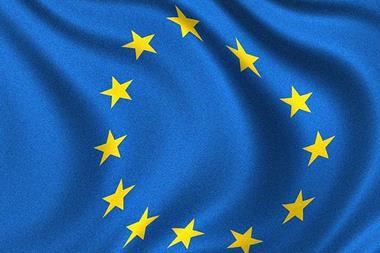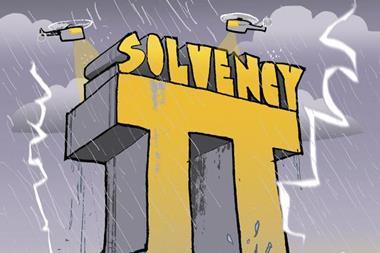The merger would have created a quasi-monopoly of European financial derivatives traded globally on exchanges

The General Court (GC) has uphelp the European Commission’s 2012 decision under the EU Merger Regulation to prohibit the merger between Deutsche Börse and NYSE Euronext. The judgment confirms the merger would have eliminated healthy competition between trading and clearing platforms in Europe and that the prohibition had been correct.
In February 2012, the Commission prohibited the proposed merger between Deutsche Börse and NYSE Euronext as it would have resulted in a quasi-monopoly in the area of European financial derivatives traded globally on exchanges. The two exchanges controled more than 90% of global trade in these products.
The Commission had assessed the transaction’s effects on competition on the markets for exchange-traded derivatives based on European financial underlyings, namely European interest rate, single stock equity and equity index derivatives. Deutsche Börse and NYSE Euronext competed in these markets through their derivatives exchanges Eurex and Liffe respectively.
The Commission found that so-called Over-the-Counter (OTC) derivatives based on the same financial underlyings were not a competitive constraint, contrary to what the merging companies argued. Eurex and Liffe were demmed to compete head-to-head and to be each other’s closest competitors for European financial derivatives. The merger would therefore have resulted in a near-monopoly on these markets.
Moreover, difficulties woould have arisen for new competitors to enter the market, since these derivatives contracts can be cleared only by Deutsche Börse’s or NYSE Euronext’s integrated clearing houses (a vertical silo system). The merger would also have eliminated the closest source of potential competition. The efficiencies resulting from the proposed merger were not considered sufficient to outweigh the harm stemming from the monopoly that would have been created. The remedies proposed by the companies were insufficient to dispel these concerns.




















No comments yet